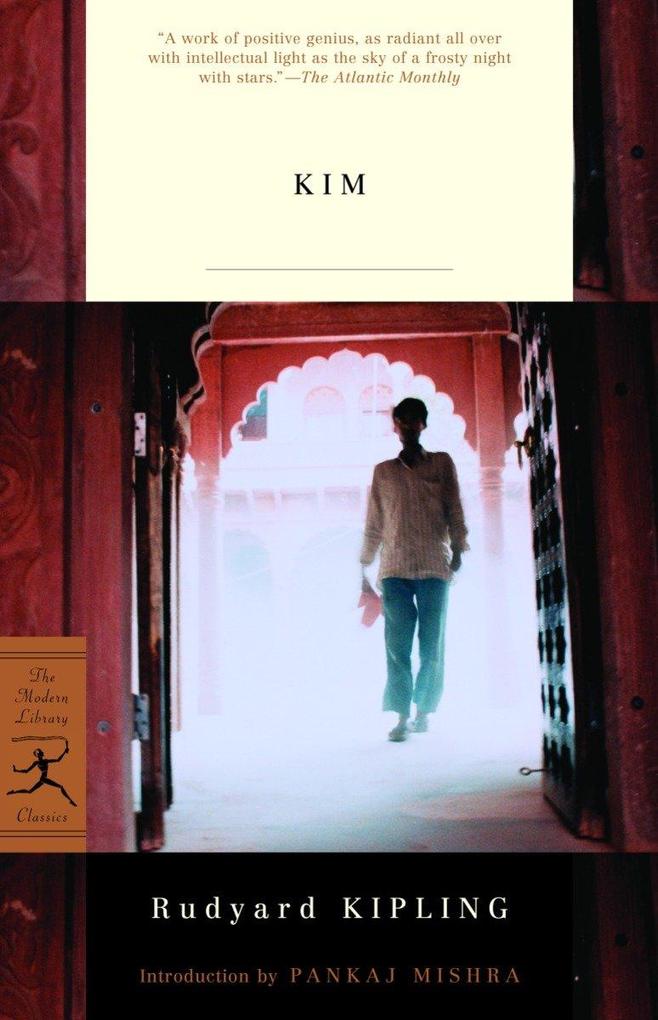
Zustellung: Fr, 03.01. - Di, 07.01.25
Versand in 6 Tagen
VersandkostenfreiBestellen & in Filiale abholen:
Selected by the Modern Library as one of the 100 best novels of all time
Filled with lyrical, exotic prose and nostalgia for Rudyard Kipling's native India, Kim is widely acknowledged as the author's greatest novel and a key element in his winning the 1907 Nobel Prize in Literature. It is the tale of an orphaned sahib and the burdensome fate that awaits him when he is unwittingly dragged into the Great Game of Imperialism. During his many adventures, he befriends a sage old Tibetan lama who transforms his life. As Pankaj Mishra asserts in his Introduction, "To read the novel now is to notice the melancholy wisdom that accompanies the native boy's journey through a broad and open road to the narrow duties of the white man's world: how the deeper Buddhist idea of the illusion of the self, of time and space, makes bearable for him the anguish of abandoning his childhood."
Filled with lyrical, exotic prose and nostalgia for Rudyard Kipling's native India, Kim is widely acknowledged as the author's greatest novel and a key element in his winning the 1907 Nobel Prize in Literature. It is the tale of an orphaned sahib and the burdensome fate that awaits him when he is unwittingly dragged into the Great Game of Imperialism. During his many adventures, he befriends a sage old Tibetan lama who transforms his life. As Pankaj Mishra asserts in his Introduction, "To read the novel now is to notice the melancholy wisdom that accompanies the native boy's journey through a broad and open road to the narrow duties of the white man's world: how the deeper Buddhist idea of the illusion of the self, of time and space, makes bearable for him the anguish of abandoning his childhood."
Mehr aus dieser Reihe
Produktdetails
Erscheinungsdatum
10. Februar 2004
Sprache
englisch
Seitenanzahl
338
Reihe
Dover Thrift Editions: Classic
Autor/Autorin
Rudyard Kipling
Verlag/Hersteller
Produktart
kartoniert
Gewicht
378 g
Größe (L/B/H)
203/132/18 mm
ISBN
9780812971347


















